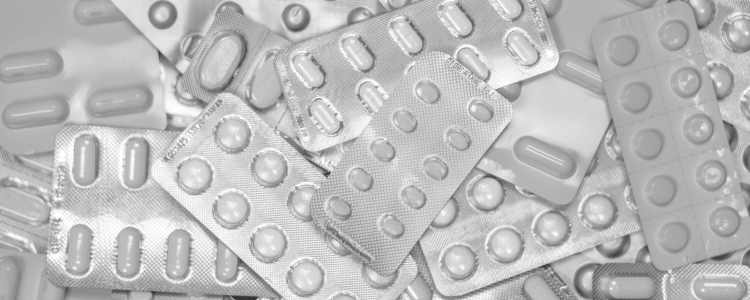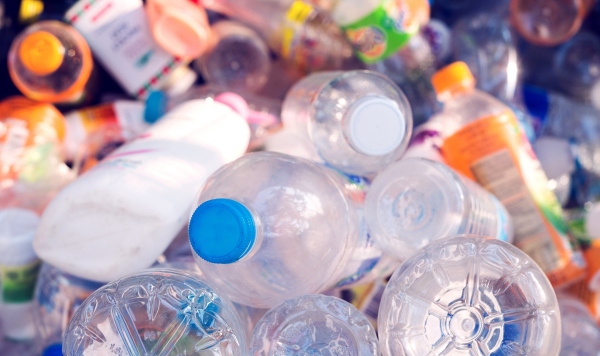PVC (polyvinyl chloride) and V (vinyl) - 03

Guidance
You might be surprised to know that we don't use plastic resin identification codes to decide if something can be recycled. In fact, our recycling contract with the company that separates the recycling (Biffa) includes a long list of packaging items that can be recycled, not a list of plastic types. Read more about this in our article Do plastic codes tell you if something is recyclable? (opens in a new window).
To check if something is recyclable, either search for the individual item on our A-Z function (opens in a new window), or check on our recycling page (opens in a new window).
If you weren't able to find what you were looking for, please send a photograph of the item to post@nlwa.gov.uk and we will add it to the A-Z.

